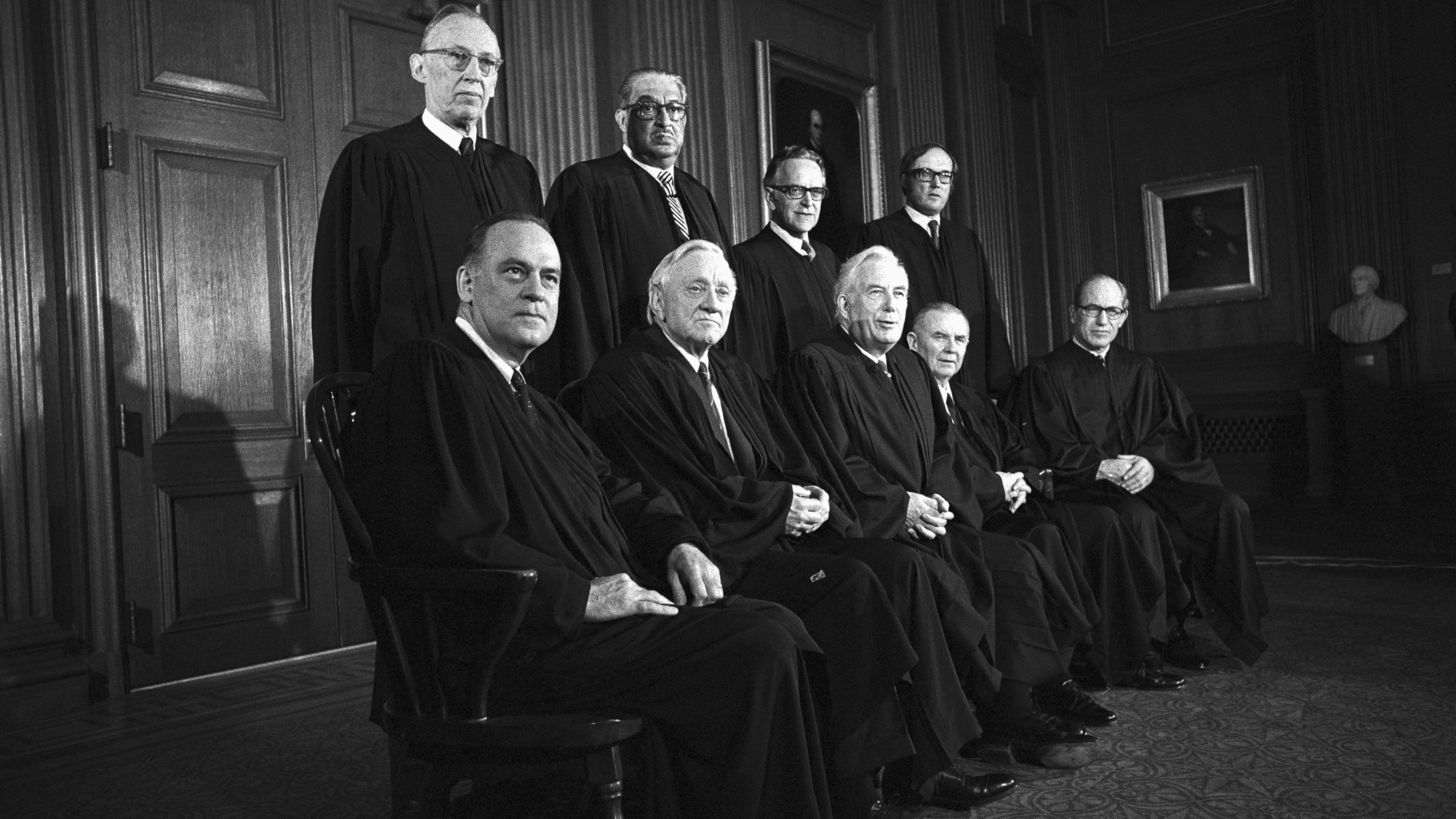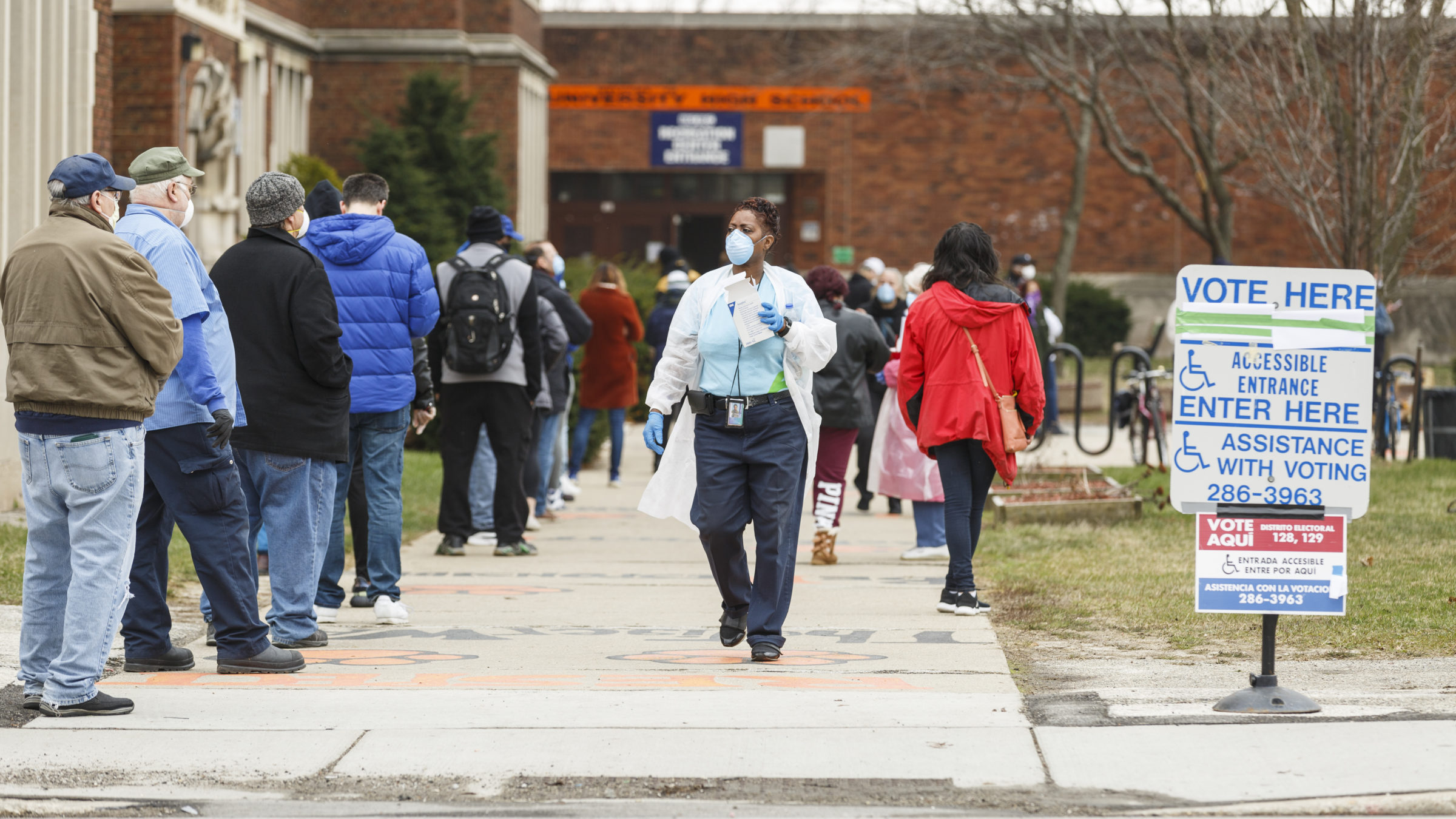On the evening of June 7, 2010, a U.S. Border Patrol Agent shot 15-year-old Sergio Adrián Hernández Güereca in the face. According to his family, Sergio and his friends had been playing a game in which they ran up an embankment on the Mexican side of the U.S.-Mexico border, touched the fence separating the two countries, and then ran back down.
The game ended abruptly when Agent Jesus Mesa, Jr. rode up on his bicycle. Mesa detained one of Hernández’s friends who had briefly crossed into the United States during the course of their game, “dragging the young boy across the concrete,” according to Hernández’s family. Then, they say, Mesa “stopped, pointed his weapon across the border, seemingly taking careful aim, and squeezed the trigger at least twice.” Mesa would claim that he opened fire because the boys had thrown rocks at him, an assertion contradicted by cell phone footage, per The Washington Post. Mexican police pronounced Sergio dead at the scene, lying beneath the Paso del Norte Bridge, a few hundred feet from the United States.
The Hernández family sued Mesa in federal court. Their claim that he had violated the Constitution was straightforward: The Fourth Amendment prohibits officers from using excessive force. When Mesa shot him, the teenager had been standing in Mexico, unarmed. Mesa, across the border, could have simply pedaled away. As one federal judge put it, “Mesa essentially committed a cold-blooded murder.”
The Hernández family lost. In a 5-4 opinion issued in February 2020, the U.S. Supreme Court held that although the Constitution plainly forbade Mesa from murdering their son, the Hernándezes had no cause of action against Mesa—that is, no way to sue him in the first place.
That outcome is no accident. For decades, conservatives have relied on complicated-sounding concepts like causes of action, standing, and immunities doctrines to prevent people from vindicating their rights. By paying lip service to the existence of these rights while relying on technical, hard-to-understand legalese to hollow them out, these justices sometimes manage to make their rulings seem less abhorrent and less consequential. But the result is the same: If you can’t do anything about violations of your rights, your rights are worth nothing at all.
To keep Sergio’s family out of court, the conservative majority in Hernández relied on a line of Supreme Court cases that began with Bivens v. Six Unknown Named Agents. Decided in 1971, Bivens explained that, under certain circumstances, people whose constitutional rights are violated by federal officers may bring claims against those officers in federal court anyway, even if the law doesn’t explicitly provide for a way to do so. But in the years since Bivens, right-wing majorities have whittled away at this already-fragile concept, leaving it almost nonexistent. Justice Samuel Alito’s opinion in Hernández is so heavy on jargon that it can be easy to miss the upshot: In effect, the Court holds that there’s no enforceable right not to be shot by a federal agent, as long as the agent happens to be standing on U.S. soil and fires across a border.

(Bettmann via Getty Images)
Standing—basically, the rule that you can only sue someone who harms you—is another procedural hurdle litigants have to clear. To show standing under Article III of the Constitution, a plaintiff must be able to demonstrate that the defendant caused harm (or “injury”) that a court could redress—say, with an award of money damages.
In practice, the Supreme Court has used this hurdle as a shield to get rid of claims it would simply prefer not to hear. Over the years, Congress has passed an array of consumer-protection laws to protect people from predatory lending, false advertising, fraud, and other abusive practices designed to take advantage of consumers. When Congress passed the Fair Credit Reporting Act in 1970, for example, it sought “to prevent consumers from being unjustly damaged because of inaccurate or arbitrary information in a credit report.” The Act explicitly gives consumers a panoply of new and straightforward rights, including rights to accurate credit-reporting procedures, to receive information about their credit files, and to receive a summary of their rights under the law.
Congress’s judgment about the dangers of shoddy credit products, however, wasn’t good enough for the Court. Last June in TransUnion v. Ramirez, a five-conservative majority held that a consumer wasn’t “injured” when a credit reporting agency falsely identified him as a government-designated terrorist on a list marketed to would-be creditors. Because the list was merely marketed to third parties, the Court reasoned, Ramirez didn’t show that anyone actually received the inaccurate information, and was therefore out of luck. To put it more plainly: The Court decided that rights created by Congress weren’t enforceable unless the plaintiff met additional requirements invented by the Supreme Court. Apparently, the justices would rather force consumers to wait until bad credit information actually ruins their lives in order for the Fair Credit Reporting Act to mean anything.
Justice Samuel Alito’s opinion in Hernández is so heavy on jargon that it can be easy to miss the upshot: In effect, the Court holds that there’s no enforceable right not to be shot by a federal agent, as long as the agent happens to be standing on U.S. soil and fires across a border.
Courts are also responsible for the proliferation of sweeping immunity doctrines that protect many different government officials from accountability. Under the doctrine of “qualified immunity”—a doctrine judges created out of thin air—an official can’t be held liable for violating a person’s constitutional rights if their conduct did not violate “clearly established” law at the time. The Supreme Court has applied this principle very literally, holding that in order for law to be “clearly established,” a court must have already said so in a case with nearly-identical facts. As a result, law enforcement officials routinely get away with egregious misconduct merely because no court has ever declared that extremely specific conduct to be illegal. Under this warped worldview, a lengthy, uninterrupted, and unaddressed track record of police brutality is actually evidence that nothing untoward is happening, and no judicial intervention is necessary.
Even in situations where it might seem like qualified immunity won’t apply, judges bend over backwards to keep people out of court. In a recent Eleventh Circuit Court of Appeals case, Wade v. Lewis, a prisoner with a broken bone and a partially severed tendon in his hand was left without medical attention by guards, even though he was “leaking blood all over” and left “a path of blood” across the floor. As it so happens, a previous Eleventh Circuit decision held that a prison official violates the Eighth Amendment’s prohibition on cruel and unusual punishment if he “ignores a serious cut on an individual’s head, which continued to bleed for two-and-a-half hours and formed a puddle on the floor the size of two hands.” Incredibly, the court still found a way to let the officials off the hook: Because that previous decision dealt with a head injury, not a hand injury, and the quantity of blood was different, the Eleventh Circuit decided that leaving an incarcerated person bleeding in a holding cell was a not “clearly established” constitutional violation.
The widening gap between a person’s rights and their ability to vindicate them creates space for plenty of credulous, pedantic nonsense. When the Court in Whole Women’s Health v. Jackson allowed Texas’s draconian anti-choice law to take effect last month, the conservatives insisted that they didn’t overturn Roe v. Wade in Texas—instead, they said, they simply found that the plaintiffs lacked standing to sue. In a public appearance later that month, Alito rolled his eyes at the subsequent criticism, characterizing assertions that the Court “nullified” Roe as “false and inflammatory.” The fact that the Court’s actions prevent pregnant people in Texas from obtaining abortion care gets framed not as the culmination of a culture war that the conservative legal movement has been waging for decades, but as the inevitable result of “complex and novel antecedent procedural questions” designed to evade the Court’s review.

(Photo by Sara Stathas for the Washington Post)
A similar brand of gaslighting permeates the Court’s pandemic jurisprudence. In April 2020, as COVID-19 swept across the United States, Wisconsin election officials experienced an unexpected surge in voters requesting absentee ballots. Those requests were entirely reasonable—voting from home avoided unnecessary gathering at polling places that could accelerate the spread of the virus—but posed an immediate strain on Wisconsin’s fragile elections infrastructure, as thousands of ballots had to be mailed to voters before Election Day on April 7. Since many voters would not receive their ballots in time, a federal district court ordered that mail-in ballots received by April 13 be counted anyway, even if they were postmarked after Election Day.
The Court stayed that order by a 5-4 vote, effectively disenfranchising any Wisconsin citizen whose ballot, through no fault of their own, arrived a little late. The unsigned opinion, which came down on the eve of the election, purported to answer a “narrow, technical question about the absentee ballot process” and expressly disclaimed responsibility for any other consequences. “The Court’s decision on the narrow question before the Court should not be viewed as expressing an opinion on the broader question of whether to hold the election, or whether other reforms or modifications in election procedures in light of COVID–19 are appropriate,” it read. “That point cannot be stressed enough.”
This framing, as Ginsburg wrote in dissent, blithely refused to acknowledge the real-world stakes of this outcome: whether “tens of thousands of Wisconsin citizens can vote safely in the middle of a pandemic.” This supposedly “narrow” decision gave people a choice between risking their safety by casting a ballot in person, or forfeiting their right to participate in democracy. Again, layers of legal jargon allow the conservative justices to cut the legs out from underneath the right to vote while evading the criticism they so richly deserve for doing so.
Headlines like “Supreme Court holds plaintiff failed to allege Article III injury under Fair Credit Reporting Act” aren’t exactly magnets for clicks, likes, and retweets. But together, a complicated web of law has hollowed one of the most important premises of living in a constitutional democracy: when our rights are violated, we can seek justice in court. Recognizing that the Court has taken away rights by refusing to grant remedies is the first step towards demanding them back.

